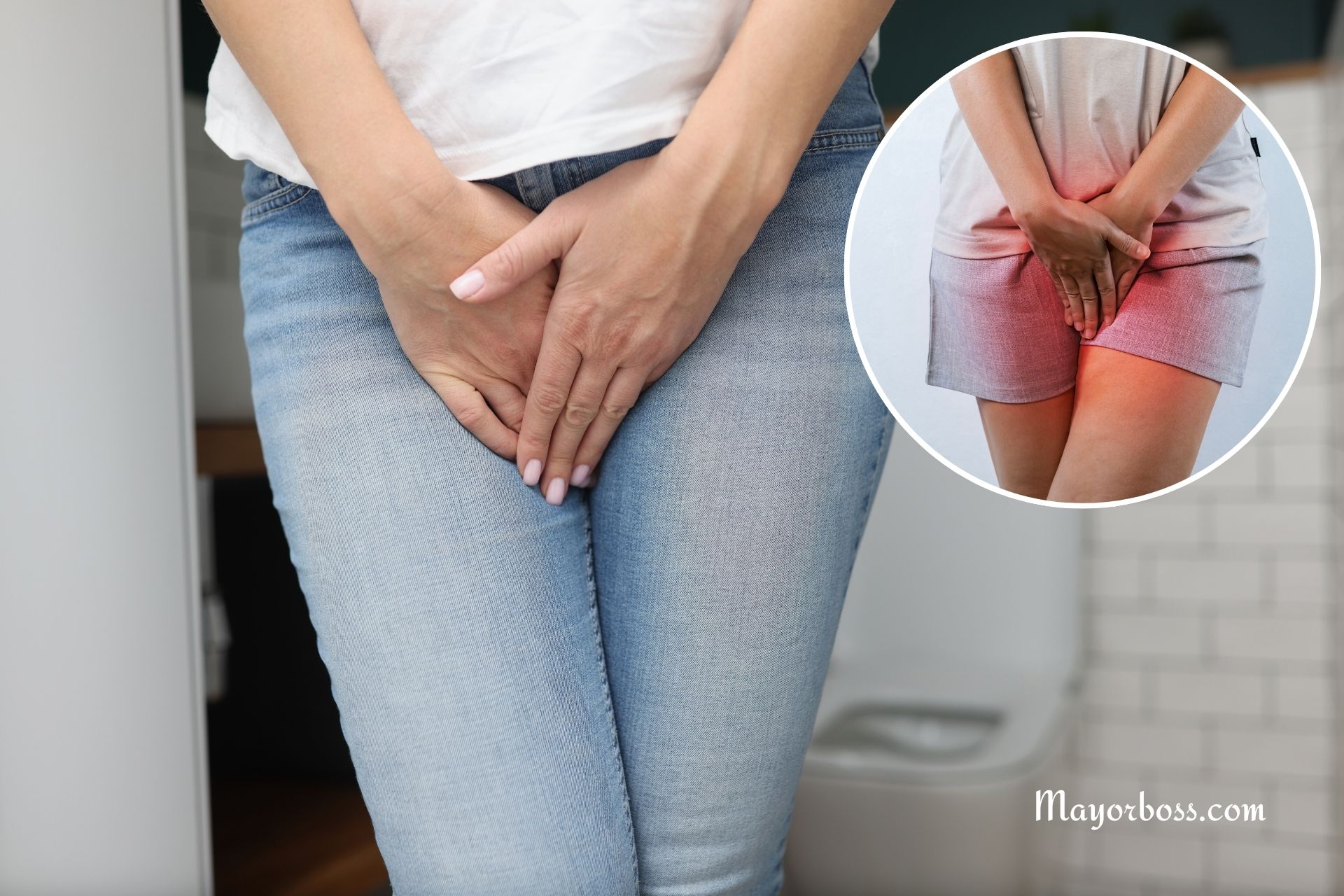Postmenopause: Signs, Symptoms, and What to Expect
Postmenopause represents the life stage following the transitional period of perimenopause and menopause. This is when a woman’s menstrual cycles have completely ceased for at least a year. Though it marks the end of fertility, it doesn’t signify the end of health or vitality. In this article, we’ll delve into the signs, symptoms, and what to expect during postmenopause.
What Does Postmenopausal Mean?
In simple terms, postmenopause is the stage of life that follows menopause. Menopause is confirmed when you’ve missed your period for 12 consecutive months without other obvious causes. Once you’ve crossed that one-year mark, you’ve officially entered the postmenopausal phase. This phase lasts for the rest of your life.
Common Signs and Symptoms
While some of the discomforts of perimenopause and menopause may lessen or disappear in postmenopause, some symptoms may continue or even arise for the first time. These can include:
- Vaginal dryness and discomfort: Lower levels of estrogen can cause the vaginal walls to become thinner, drier, and less elastic.
- Urinary issues: You may experience urinary tract infections more frequently, or urinary incontinence can occur due to weakened pelvic muscles.
- Sexual changes: Changes in hormone levels might affect sexual desire or libido. Also, due to vaginal dryness, sexual activity might become uncomfortable or even painful without lubrication.
- Sleep disturbances: Sleep problems, such as insomnia, might persist in the postmenopause stage.
- Mood changes: Hormonal changes can still have an impact on mood, potentially causing feelings of sadness, irritability, or fatigue.
- Physical changes: Some women experience weight gain, particularly around the abdomen, and loss of breast fullness.
Health Changes and Risks
Postmenopause comes with certain health considerations as the protective benefits of estrogen decline. These can include:
- Bone loss: Lower levels of estrogen can lead to loss of bone density and the development of osteoporosis, a condition that weakens bones and makes them more prone to fractures.
- Cardiovascular disease: The risk of heart disease increases in postmenopause. This is partly due to the natural aging process but also due to decreased estrogen levels.
Managing Symptoms and Staying Healthy
Though postmenopause comes with certain challenges, there are strategies to manage symptoms and stay healthy:
- Hormone therapy (HT): This involves taking doses of estrogen, and sometimes progesterone, to help reduce symptoms like hot flashes and vaginal dryness. HT can also help protect against bone loss. However, it does come with certain risks, so it’s important to discuss these with your doctor.
- Regular exercise: Regular physical activity can help manage postmenopausal symptoms like weight gain, mood changes, and sleep problems. Weight-bearing exercises can also help strengthen your bones.
- Healthy diet: A balanced diet rich in calcium and vitamin D can help maintain bone health. You should also limit your intake of saturated and trans fats to reduce your risk of heart disease.
- Adequate sleep: Establishing a regular sleep routine can help address sleep disturbances.
- Regular check-ups: Regular health screenings can help detect problems early when they’re often easier to treat.
When to See a Doctor
You should consult your doctor if your symptoms are causing significant discomfort or affecting your quality of life. For instance, if you’re struggling with persistent hot flashes, disruptive sleep issues, mood changes, or issues related to sexual health, your doctor can help you decide on potential solutions.
While the postmenopause phase is a normal part of aging, it’s important to pay attention to your body and maintain regular check-ups.
Frequently Asked Questions about Postmenopause
Postmenopause is not a temporary phase but the final stage of the menopausal transition. Once you have gone 12 consecutive months without a menstrual period, you’ve entered postmenopause, and this stage lasts for the rest of your life.
Some menopause symptoms, like hot flashes and night sweats, may lessen or disappear in postmenopause. However, other symptoms such as vaginal dryness and discomfort, urinary issues, or sleep disturbances can persist. Additionally, new symptoms or health risks, like bone loss and cardiovascular disease, can arise due to the ongoing low estrogen levels.
Once you have reached postmenopause, your ovaries no longer release eggs, and you no longer have menstrual periods, meaning you cannot become pregnant naturally. If you’re in your menopausal transition and you don’t wish to become pregnant, it’s essential to continue using contraception until you’ve gone 12 consecutive months without a period.






